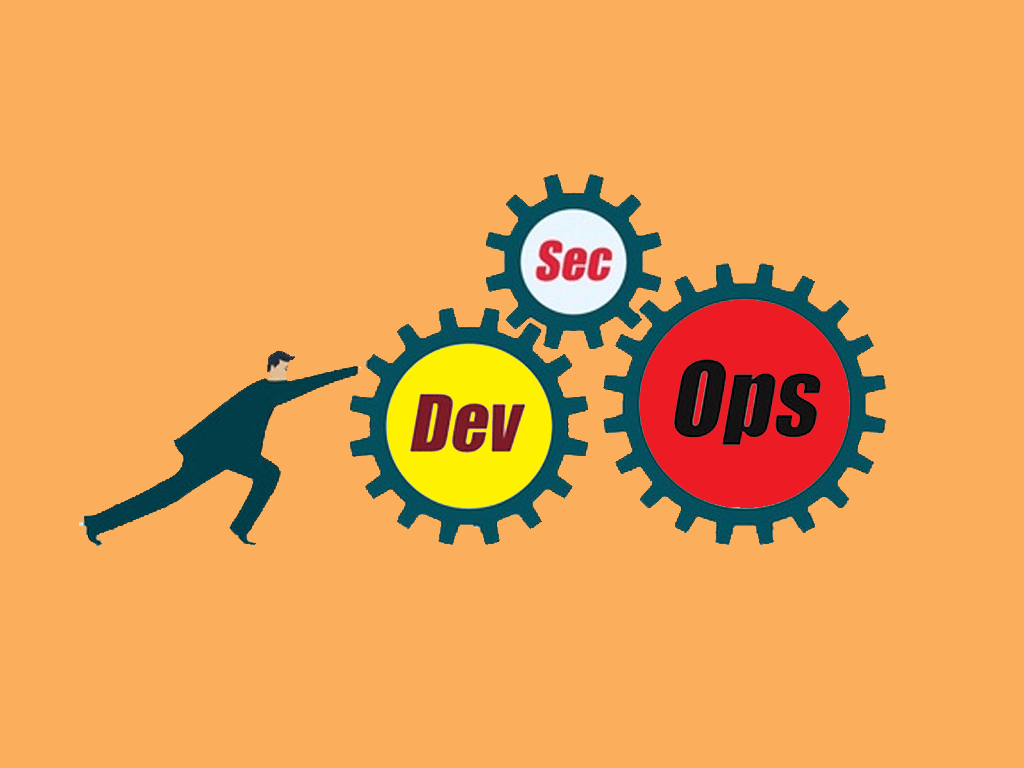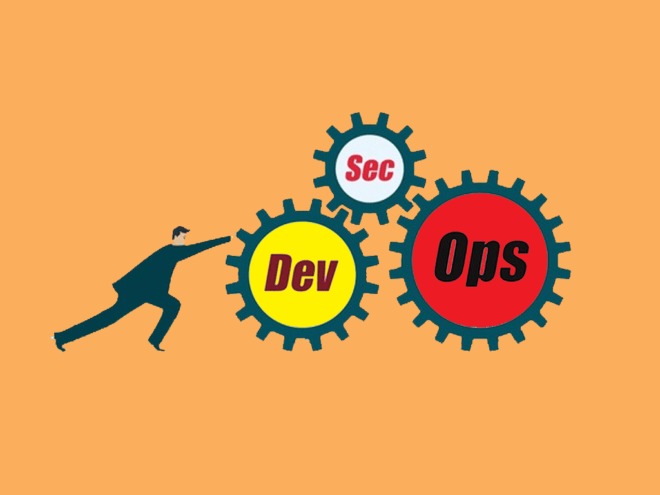Security DevOps (or DevSecOps, also referred to as SecDevOps) is the emerging niche of the global DevOps specialty, aimed at providing end-to-end protection of data and software. This is achieved through the introduction of technologies, software solutions, security policies, and other security aspects that cover the entire software development cycle.

And while lots of the underlying issues can be solved by implementing the DevOps security process, there are also corresponding challenges this practice spawns. It’s best to simply be up-to-date with all the major issues, which we shall discuss. But let’s start with the definition.
Three Pillars of DevSecOps
So, what is DevOps security in a nutshell? Here’s the definition of DevOps security by Gartner:

As for DevOps security engineer roles and responsibilities, in the global sense, everything is focused on achieving the following software goals:
- Consistency – security measures in DevSecOps aren’t implemented at any particular stage and aren’t used as a stand-alone tool; safety aspects here comprise a set of specific standards throughout the stages of technical specification composition, design implementation, development, testing, and finished product deployment.
- Provisioning – delivery of security solutions for software should be as automated as possible so as not to cause downtime and expose vulnerabilities.
- Speed and agility – security solutions in the context of DevSecOps should be as flexible as possible and quickly adapt to changing operating conditions.
Regular & Cloud DevOps Security Issues
Despite the fact that DevOps can increase system security, is it worth sacrificing already agreed upon and established workflows that have been built up for years? Indeed, when upgrading familiar security mechanisms, you may encounter a number of DevOps security challenges.
Time penalty
At the initial stages of introducing DevOps system security, your team members will have to get used to innovations that can affect not only security aspects but the whole system. Surely, this will take some time, and at first, interaction with updated software may not proceed as fast as one would like.
DevOps cloud security issues
Among the major DevOps security risks are also possible issues with the cloud provider. Thus, despite the fact that DevSecOps can provide a different level of protection for your system due to its end-to-end approach to security, this methodology doesn’t cover possible vulnerabilities on the cloud provider’s side. That is why it is recommended to use trusted suppliers with a developed infrastructure. For instance, we often practice DevOps security in AWS.
Outdated software and/or hardware
Since the DevSecOps practice is quite novel, not every hardware and software solution is capable of supporting DevOps security tools and, in general, of meeting the requirements that it puts forward. Therefore, you will probably need to update some elements of the existing system to ensure compatibility with DevOps security platforms, which can be quite costly.
High rates for DevSecOps specialists
According to the statistics, the average salary of a DevOps security engineer in the USA is around $134,000, which is a very substantial sum for small companies. On the other hand, you can look for outsourced specialists who work for significantly lower rates while delivering the same level of quality.
Summary
The only truly effective way to overcome all the challenges above is to have a team of experienced DevSecOps specialists at your side. We may have just what you’re looking for. Contact SirinSoftware specialists to discuss hiring a team of passionate experts with in-depth expertise in the field.

